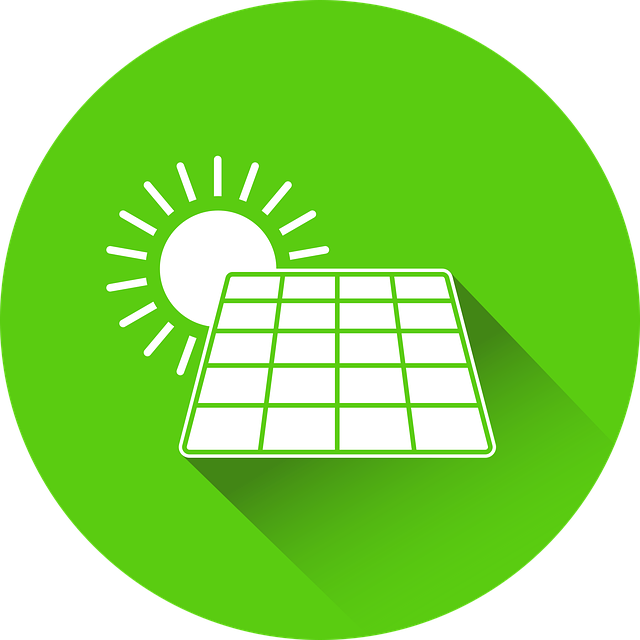
Solar panels are pivotal to global efforts in renewable energy adoption, offering a sustainable alternative to fossil fuels by harnessing the sun’s energy. This article explores the nature of solar panels, their history, uses in various settings, and their impact on sustainability, including both advantages and challenges.
What are Solar Panels?
Solar panels, or photovoltaic (PV) panels, convert sunlight into electricity using PV cells made from semiconductor materials. When sunlight hits these cells, it generates an electric charge that is captured and converted into usable power. This technology enables households, businesses, and utilities to generate clean energy directly from the sun.
Historical Background
Bell Laboratories in the United States introduced the first practical solar cells in 1954, marking a milestone in the development of solar technology. These early cells found primary use in space applications, powering satellites. Over the decades, advancements in materials science and manufacturing techniques have made solar panels more efficient, affordable, and accessible, leading to widespread adoption across residential, commercial, and industrial sectors.
Industrial and Residential Applications
Large-scale solar farms or rooftops of manufacturing facilities often install solar panels in industrial settings to generate electricity on a significant scale. These installations reduce operational costs and carbon footprints of industrial operations. In residential areas, households typically install solar panels on rooftops or in yards to provide a sustainable source of energy, significantly reducing utility bills and increasing energy independence.
Environmental Benefits
The primary sustainability advantage of solar panels is their ability to generate clean, renewable energy. By converting sunlight into electricity, solar panels produce no harmful emissions, thus reducing pollution and lessening the impact on climate change. They also use less water compared to conventional power generation methods, conserving this critical resource.
Drawbacks in Sustainability
Despite their benefits, solar panels also pose some environmental challenges. The manufacturing process of PV cells involves toxic chemicals and produces waste. Moreover, the end-of-life disposal of solar panels can lead to landfill issues if not properly recycled, as they contain materials that could be harmful if released into the environment.
Conclusion
Solar panels represent a significant step forward in the quest for sustainable energy solutions. They offer substantial environmental benefits by providing clean, renewable power and reducing reliance on fossil fuels. However, the industry continues to face challenges regarding the lifecycle impact of the panels, from production to disposal. Innovations in recycling technologies and more sustainable manufacturing practices are being developed to address these issues. Ultimately, the continued advancement and integration of solar technology play a crucial role in shaping a sustainable future, balancing its benefits against environmental costs.

